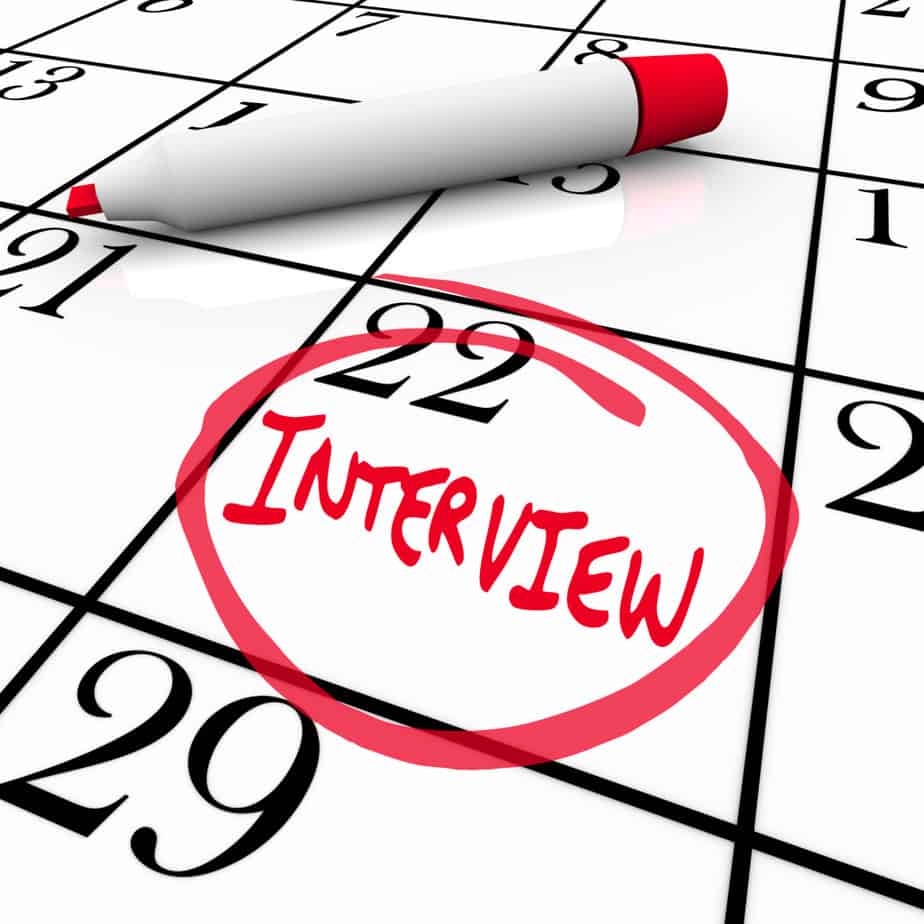
After sending in your stellar resume and cover letter (click here for resume tips, and here for cover letter tips), an employer may decide that you should be interviewed for a job. You’ve already made your first impression on paper, so now it’s time to bring that person on paper to life.
- Always dress professionally. The level of dress will depend on where you’re interviewing and for what job, but jeans/t-shirt/sneakers are never acceptable for an interview. If you don’t have dress pants and a nice collared shirt/blouse, it’s time to invest. Ensure your clothes are clean and free of wrinkles.
- Pick out three main attributes that you have that are specific to the job you are applying for that you can tailor all your answers around. Be sure you have examples of how those attributes are helpful in a work setting. For instance, working well with others (particularly important for EMTs), being able to think fast on your feet to cope with any situation, communication skills (especially with patients), or leadership skills.
- Your attitude during the interview is very important – you should come across as confident (believing in yourself and that you can do the job), humble but proud of your achievements, polite, and friendly. Don’t stretch yourself to become a personality that you don’t have, because that will seem too fake. Be the best version of yourself.
- Practice, practice, practice! Look up possible interview questions online and practice your answers out loud, or have a friend do a mock-interview with you. This will help you be well-spoken and confident during the interview. (Tip: Every interview includes the question, “Tell me about yourself.” Create an overview of your education, experience, most important achievements and attributes that fit the job, and it should take a minute or less: the “Me-Infomercial” – set it up so it sets you apart from other applicants and practice until it’s perfect.)
- Be honest. As with your resume, don’t make any claims about things you haven’t actually done. Acknowledge the things that aren’t so great in your past if they are brought up – state how you have learned from the experience and how you are a better person today because of that experience. However, you do not need to offer information that is not legally required – you don’t need to discuss your personal life so don’t give any information that could lead to questions about it.
- Be prepared. Bring five copies of the resume just in case you are interviewed by multiple people, and bring five copies of your references.
- Plan to arrive where you are interviewing at least fifteen minutes early, so you have time to find parking, use the bathroom, or find where the office itself is. Plan to be waiting for your interview ten minutes early.
Preparing and practicing for your interview are the most important parts of succeeding in an interview. Make sure you’re reviewing your resume and experience the day before every interview. It will help you consider yourself, your qualifications, and what makes you stand out so you fully understand everything that makes you well-qualified for the job, and that way you can answer any question they throw at you.
By Joanne Ewen, JD, EMT, DOT-I – Program Manager

